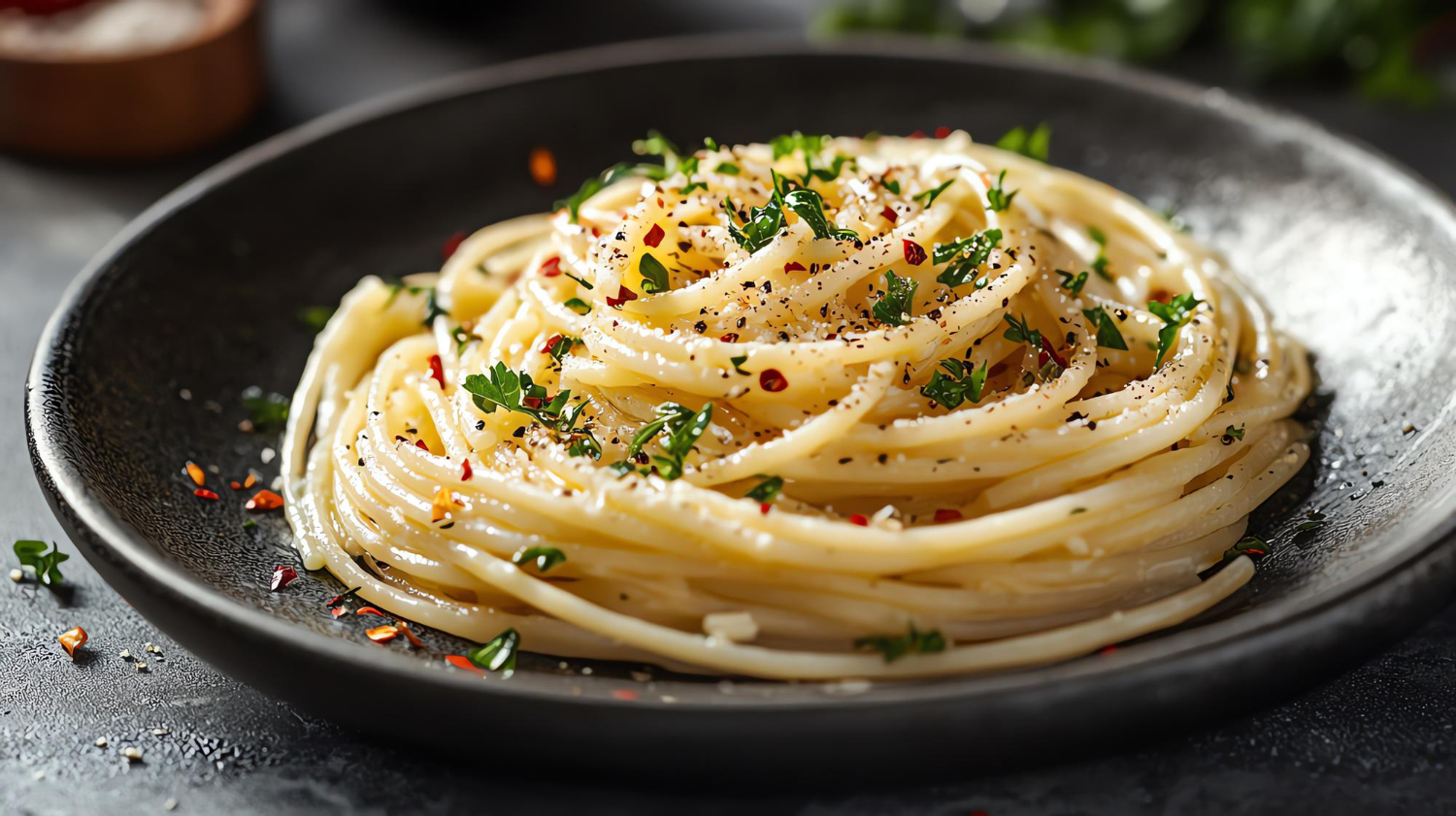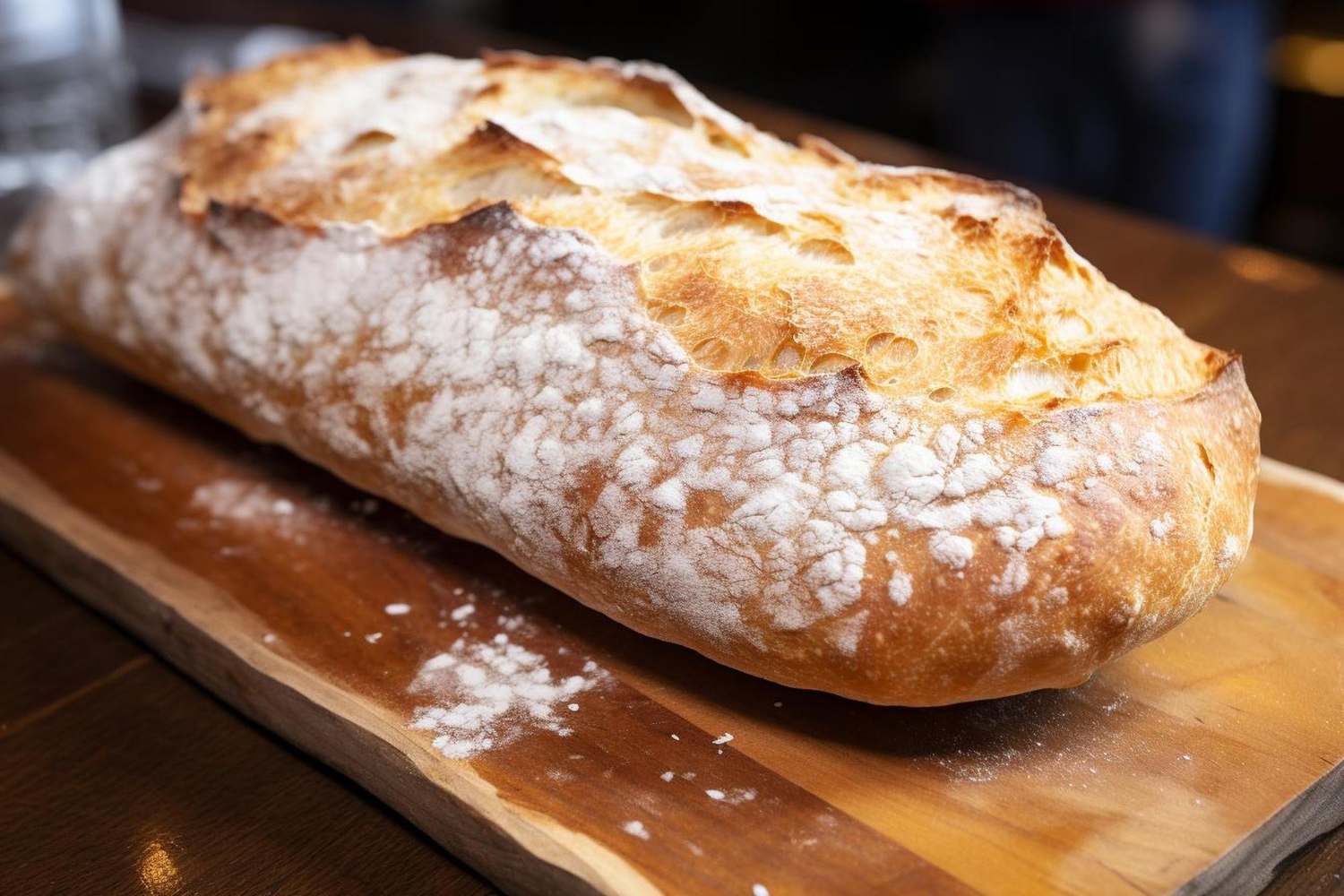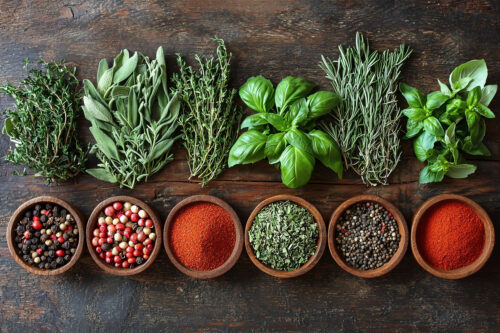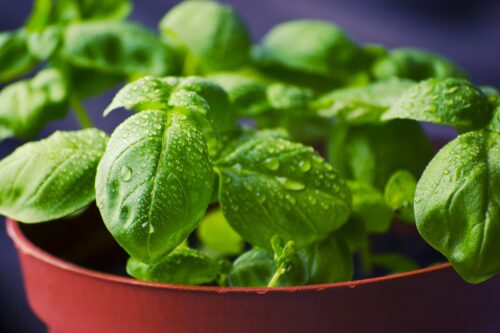Photo: Freepik
While in Italian cooking, the senses of taste and smell are often made happy by fresh plant material from which characteristic volatile oils have been derived—the correct answer to the question posed at the beginning—that is not its only function. Fresh basil contributes the most characteristic olfactory note in a traditional pesto, while rosemary imparts some earthy undertones within a long-cooked roast. These humble plants take on much more than serving as garnishes; they underpin the very philosophy of the Italian kitchen, expressing a dedication to simplicity and quality.
Take basil, for example – the very staple associated with Italian food preparation. A rather sweet savor with a little peppery kick enhances dishes to culinary works of art, for instance, a Caprese Salad or Margherita Pizza. Yet it contributes more than taste; it’s teeming with antioxidants and anti-inflammatories that do great things for one’s health. Equally, Oregano – another sauce staple but this time to tomato-based ones – is also quite renowned due to its antibacterial anti-bugs and immunity-boosting properties.
One of the essential herbs is rosemary, which infuses depth and flavor into dishes like focaccia or roasted potatoes. More than just a sensory pleasure, rosemary carries high levels of carnosic acid and is thus associated with improvements in memory and concentration. Last but not least, parsley-often underestimated-it provides those green, bright flavors against roles of extreme richness and necessary vitamins A, C, and K.
The use of fresh herbs in Italian cooking is an exemplary case of enhancer-the crunch in this case-without upstaging the ingredients themselves. Italian cooking is all about equilibrium; a little fresh herb takes the case over the top to something spectacular. Equally inspiring is their flexibility: infused in oils, used as the base for sauces, or simply dusted on a finished plate to give that burst of color and crunch.
Outside of the kitchen, they are deeply ingrained culturally in Italy. Most Italian families have basil, thyme, or sage growing in tiny home gardens — a nod to the old country and the symbolism of it tied to the land. To pull some rosemary or a small bunch of parsley from the garden becomes as much a ceremony as a food in itself, stressing the value tied on fresh flavor in Italian food.
In a processed world, it’s easy to forget that sometimes beauty lies in simplicity, and here, fresh herbs take us closer to nature giving numerous benefits and keeping intact the celebrated culinary legacy of Italy. Whether you’re a seasoned chef or a regular home cook, the use of fresh herbs will not only elevate your dishes but will bring that touch of Italian authenticity to your table.
Source: BurrattaHouse.com













